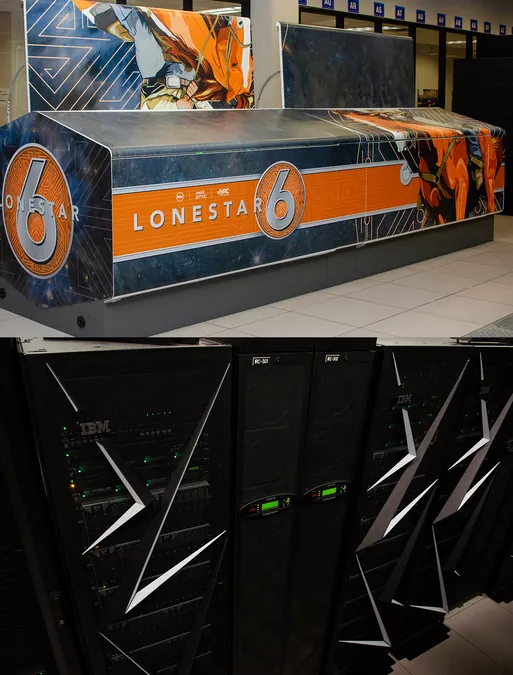
Breakthrough in Privacy-Focused Speech Recognition for Kids!
2025-08-23
Author: Wei
Revolutionizing Speech Recognition for Children
From transcribing your voice to generating captions that make videos accessible, speech recognition technology is integrated into our daily lives. Artificial intelligence now transforms spoken words into text with astonishing speed and accuracy, making what once seemed impossible a reality.
A New Frontier at UT Dallas
At the Texas Advanced Computing Center, researchers are pushing the boundaries of Automatic Speech Recognition (ASR) specifically designed for children. Leveraging the power of the Lonestar6 supercomputer, they are crafting innovative mathematical models called 'discrete speech units' from audio, which can anonymously encode and identify speech issues in young children—allowing for quicker interventions that can make a real difference.
Understanding How Kids Communicate
"Our aim is to truly understand children's speech patterns," explains Satwik Dutta, a Ph.D. student at UT Dallas. In collaboration with his advisor, John H.L. Hansen, they published groundbreaking research in the International Journal of Human-Computer Studies, focusing on developing child-specific ASR systems.
Dutta notes the unique challenges posed by children's speech, especially for those under eight. Unlike typical ASR systems built on adult speech data, children's evolving language skills create significant hurdles, often resulting in inadequate recognition of their speech.
Multi-Institutional Collaboration
This research is supported by the National Science Foundation and the "Measuring Interactions in Classrooms" project led by Hansen, involving collaborations with institutions including the University of Florida and the University of Kansas. Together, they are advancing early childhood research during challenging times.
Real-World Data Collection
Initially constrained by pandemic restrictions, the team worked with existing datasets of over a thousand children recorded during virtual classes. With restrictions now lifted, they gathered fresh data from preschoolers in bustling childcare environments, using a compact LENA device discreetly placed in custom T-shirts.
A Privacy Revolution in ASR
What sets this project apart is its focus on privacy. By utilizing discrete speech units—mathematical representations of spoken language—the team is creating outputs that eliminate any trace of the original speech. Dutta emphasizes, "When speech is converted to these discrete units, privacy is preserved because the original audio cannot be reconstructed."
Harnessing the Power of TACC
The Texas Advanced Computing Center (TACC) has been invaluable for this research. Dutta remarks on the efficiency gained using the supercomputers: his discrete speech model, which utilizes just 40 million parameters, rivals traditional models that require almost ten times more.
Innovation Continues with Edge Devices
Looking ahead, Dutta's recent endeavors, accepted at the upcoming WOCCI 2025 workshop, explore deploying the Whisper ASR model on a Raspberry Pi 5. This configuration allows real-time transcription while discarding raw audio, showcasing a commitment to privacy without compromising recognition quality.
A Future Where Children's Privacy Comes First
"Utilizing supercomputers for speech studies is groundbreaking and enhances research across myriad applications—education, healthcare, and more," Dutta concludes. As scientists delve deeper into ASR for children, the emphasis on ethical practices and privacy is paramount, paving the way for a safer digital landscape for future generations.


 Brasil (PT)
Brasil (PT)
 Canada (EN)
Canada (EN)
 Chile (ES)
Chile (ES)
 Česko (CS)
Česko (CS)
 대한민국 (KO)
대한민국 (KO)
 España (ES)
España (ES)
 France (FR)
France (FR)
 Hong Kong (EN)
Hong Kong (EN)
 Italia (IT)
Italia (IT)
 日本 (JA)
日本 (JA)
 Magyarország (HU)
Magyarország (HU)
 Norge (NO)
Norge (NO)
 Polska (PL)
Polska (PL)
 Schweiz (DE)
Schweiz (DE)
 Singapore (EN)
Singapore (EN)
 Sverige (SV)
Sverige (SV)
 Suomi (FI)
Suomi (FI)
 Türkiye (TR)
Türkiye (TR)
 الإمارات العربية المتحدة (AR)
الإمارات العربية المتحدة (AR)